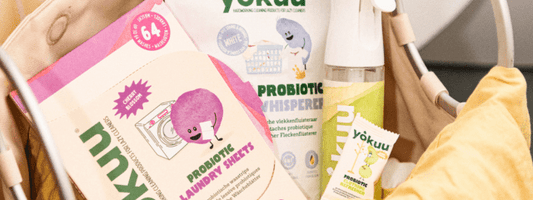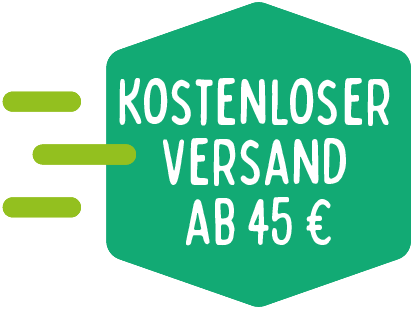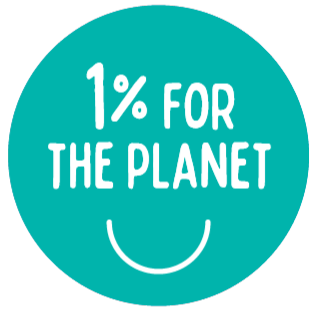Place your hand on the stair-bannisters and meet millions of microbes. Relax in the sofa and know that countless of microbes are relaxing right by your side. Pet a dog and you’re also petting its skin-microbiome.
But… what exactly do we mean when we say “microbiome”?














